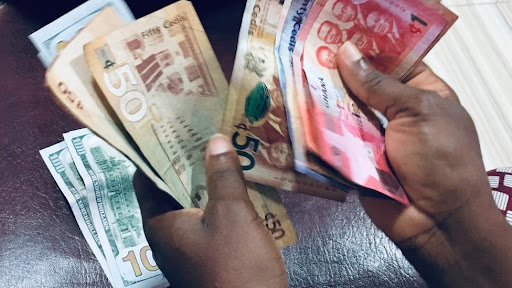Ghana cedi declines, now world’s worst-performing currency in Q3

The Ghana cedi has lost steam after months of strong gains, hit by rising demand for dollars from importers and limited supply from the Bank of Ghana.
Less than five months ago, Bloomberg crowned the cedi the world’s best-performing currency after it rallied 16 percent against the US dollar in the first half of the year, boosted by gold prices and easing inflation.
But in the third quarter, the cedi has slipped 13 percent, Bloomberg data show, making it the worst performer globally.
The losses outpaced currencies such as the Argentine peso (-11.5%), Botswana pula (-7.7%), and Ethiopian birr (-4.1%). At 1:50 a.m. in Accra on September 3, the cedi traded at GH¢11.95 to the dollar.
Market players say the pressure stems from Ghana’s heavy reliance on imports, with businesses stocking up for the Christmas season.
“Banks that submitted dollar requests on behalf of clients to the Bank of Ghana last week received only half of what they asked for.
This week the central bank is trying to meet all demand,” said Hamza Adam, Head of Market-Risk Management at UMB Bank.
Despite gross reserves climbing to a three-year high of $11.1 billion in June, the central bank insists it will only intervene to prevent disorderly swings.
“The cedi should be stable within a reasonable range. Our role is to ensure fluctuations remain orderly, that they reflect fundamentals, and that they do not undermine confidence in the broader economy,” the Bank of Ghana said in a statement.



